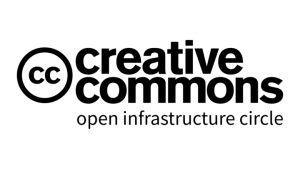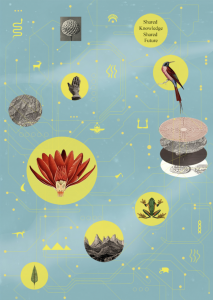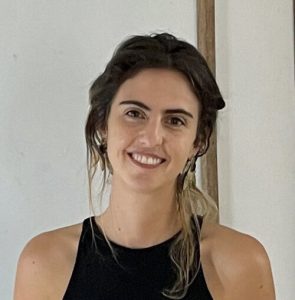CC’s Key Insights from WIPO’s Meeting on Copyright
jeudi 9 novembre 2023 à 18:32From 6 to 8 November 2023, Creative Commons (CC) participated remotely in the 44th session of the World Intellectual Property Organization (WIPO) Standing Committee on Copyright and Related Rights (SCCR). In this blog post, we look back on the session’s highlights on broadcasting, exceptions and limitations, and generative AI, from CC’s perspective.
As in previous sessions, our main objective was to drive copyright reform towards better sharing of copyright content in the public interest and in tune with the sharing possibilities of the digital environment. In this short session, we addressed the proposed broadcasting treaty and exceptions and limitations in our opening statement, as reported in the “Statements” information document (SCCR/44/INF/STATEMENTS).
We also offered views on exceptions and limitations for cultural heritage institutions, i.e. libraries, archives and museums; you can watch our intervention on the WIPO webcast. These views are in line with our Open Culture Program’s recently launched initiative Towards a Recommendation on Open Culture (TAROC) which aims to develop policy to recognize the role of open culture to reach wider policy goals notably in relation to copyright and access and use of cultural heritage — see our TAROC Two-Pager in English, Shqip, français, Español, 日本語, Türkçe, italiano, عربي.
Overall, we are rather satisfied with the session’s outcomes. On broadcasting, we remain concerned that discussions on the draft broadcasting treaty are being maintained on the agenda despite evidence of a clear stalemate in the discussions; we are nonetheless heartened by the acknowledged need to work towards a balanced approach on exceptions and limitations in the draft treaty.
On exceptions and limitations, we are pleased that the SCCR Secretariat has undertaken to prepare a detailed implementation plan for the Work Program on Exceptions and Limitations; in CC’s views, this plan should provide for open and transparent engagement opportunities and wide participation from civil society of which CC is a leading voice. It should notably allow for real progress on substantive issues to support meaningful access and use of cultural heritage for preservation and other legitimate purposes.
We also welcome the organization of a virtual panel discussion on cross-border uses of copyright works in the educational and research sectors open to all member states as well as observers. As an accredited observer, CC places high value on broad and inclusive participation to ensure balanced and diverse perspectives can be brought to the table for a constructive debate. We recall that licensing falls short of addressing the problems that libraries, museums, archives, educational and research institutions, as well as persons with disabilities, face on a daily basis. Licensing is not a substitute for robust, flexible, mandatory exceptions and limitations to empower those who teach, learn and research, those who share in and build upon cultural heritage, and people with disabilities.
We note Group B’s Proposal Information Session on Generative AI and Copyright (SCCR/44/8) and look forward to the Secretariat organizing an open, inclusive, and balanced session at the next SCCR under the item of Copyright in the Digital Environment. As we have stated at the WIPO Conversation on Generative AI and Intellectual Property last September, generative AI raises important issues and is having an enormous impact on creativity, the commons, and better sharing, i.e., sharing that is inclusive, equitable, reciprocal, and sustainable. Our consultations on the matter have revealed a wide variety of views among creators, AI developers, and other stakeholders in the commons. They have also shed light on the fact that copyright is but one lens through which to consider generative AI; what is more, it is a rather blunt tool that often leads to black-and-white solutions that fall short of harnessing all the diverse possibilities that generative AI offers for human creativity. Our interventions on copyright and generative AI in the United States and the European Union contexts attest to those nuanced views. We thus call on the Secretariat to ensure the session will offer a balanced and representative set of perspectives.
We look forward to participating in the Committee’s next session, to take place from April 15 to 19, 2024, and to bring our expertise on copyright, better sharing of cultural heritage, and generative AI in order to help create a fairer and more balanced international copyright system in the public interest.
→ To stay informed about our policy and open culture work:
- Visit our blog for regular updates on our work on AI
- Sign up for our open culture mailing list
- Join the open culture platform
- Join the copyright platform
- Visit our website on open culture
Sign up for our Open Culture Matters newsletter >
The post CC’s Key Insights from WIPO’s Meeting on Copyright appeared first on Creative Commons.


